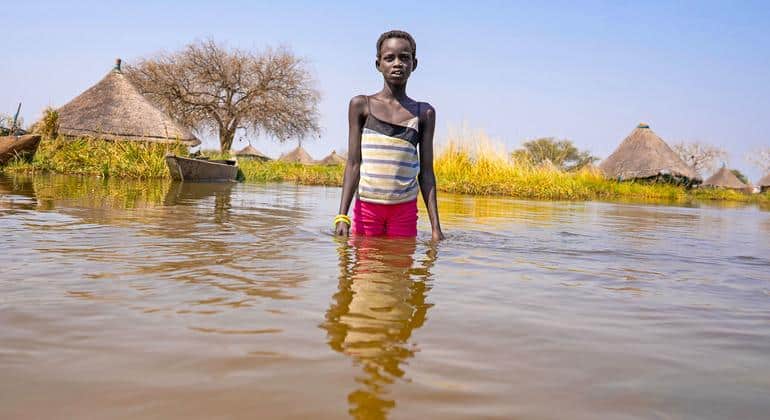Extreme weather events continue to wreak havoc in various parts of the world, manifesting in the form of floods, hurricanes, wildfires, and droughts that affect millions of people and generate significant economic losses. In the past year, Spain has witnessed unprecedented floods, while Cuba and Florida bore the brunt of violent hurricanes. In South America, wildfires have devastated vast areas, and the Amazon faces extreme drought, leaving thousands of children without access to food and education. Deadly typhoons have struck both China and the Philippines, raising concerns about the increasing frequency and intensity of these events.
Although these natural disasters have historically occurred, the impact of climate change has altered their pattern, transforming phenomena that were once rare into more frequent and destructive events. The inaction of governments and society in the face of climate change has been alarming, leading to the necessity of funding clean alternatives to fossil fuels on the agenda of the upcoming United Nations Climate Change Conference, COP29, to be held from November 11 to 26 in Baku, Azerbaijan.
The start of COP29 comes at a critical juncture. Recent climate reports indicate that the global average temperature is approaching 1.5°C above pre-industrial levels, which could lead to a catastrophic increase of between 2.6 and 3.1°C by the end of the century if drastic cuts in greenhouse gas emissions are not implemented. The UN has issued an urgent call for collective action, particularly calling for leadership from the G20, which encompasses the most developed economies and the largest emitters of polluting gases.
COP conferences are vital for international dialogue on the climate crisis, providing a space where countries can agree on measures to limit global warming and promote the adaptation of vulnerable communities. In this edition, one of the priorities will be to establish a new climate financing goal to ensure the necessary resources for developing nations to address the transition to sustainable economies and adapt to the effects of climate change.
During the two weeks of negotiations, countries are expected to discuss and reach agreements on shared responsibilities to address climate change. These efforts are not only about reaching basic consensus, but also about navigating dramatic situations where multiple parties may disagree until the last minute.
Additionally, COP29 also aims to explore the reform of the international financial architecture, with the goal of enabling countries with fewer resources to invest in social protection and sustainability measures. Creating a more suitable financial system is essential, as many nations face unsustainable debt levels that limit their capacities.
As the conference progresses, signs indicate that the transition to renewable energies is accelerating in various regions of the world. The increasing accessibility and profitability of solar and wind energy point to an inevitable future where clean energies will dominate the energy market. Countries are finalizing their national climate plans, focusing on transitioning away from fossil fuels and committing to keeping the global temperature increase below 1.5 degrees.
With the right political will and necessary financial support, there is an opportunity to transform the current situation and end the era of reliance on harmful fuels for the planet. COP29 could be a key stage for initiating these crucial changes in the fight against climate change.
Referrer: MiMub in Spanish









